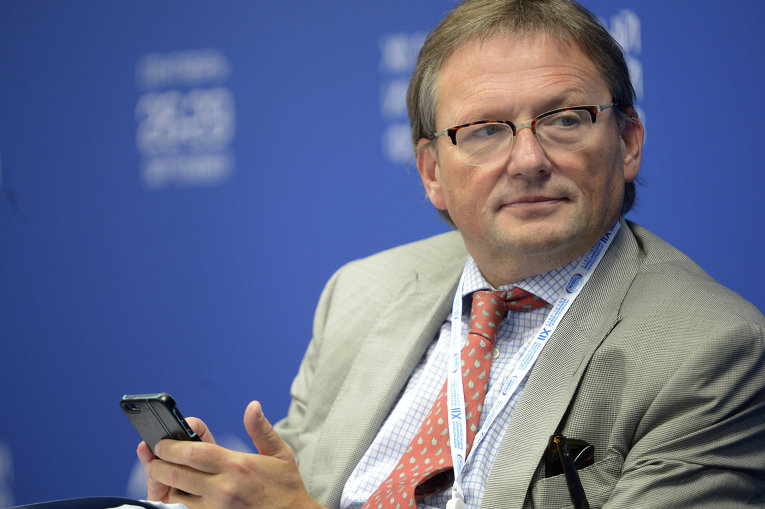MOSCOW, February 6 (RAPSI) – The number of economic crimes registered in Russia in 2017 is comparable to the figures seen in 2016; however, negative trends in this sphere still persist, Russia’s business rights commissioner Boris Titov has noted in a report made public on Tuesday.
According to the commissioner, a factor behind the fact that the number of crimes in the business sphere remained roughly at the same level as that observed last year was an initiative to raise damage thresholds across most “economic” articles of the Criminal Code.
At the same time, the business ombudsman noted that certain negative tendencies observed in relation to opening of economic criminal cases remained in place. One of those trends, according to Titov, was a rise in the number of launched fraud-related cases, the majority of which Titov said he believed to be classified as such to unlawfully put pressure on businesses. Yet another negative tendency referred to by the ombudsman was an increasing number of crimes registered in relation to late payments of wages and salaries. Titov linked this phenomenon to an economic downturn in the country and noted that in many cases investigators failed to objectively assess the circumstances preventing businesspersons to timely pay their employees.
Speaking on the issue of numerous criminal cases launched against entrepreneurs, Titov observed that most of such cases did not reach courts, what resulted in a negative impact on business activity and often led to closure of businesses.
A positive change in the sphere of business rights protection, according to Titov, was an increase in the number of persons brought to liability for obstructing lawful entrepreneurial activity. The ombudsman linked this development to the fact that the respective article of Russia’s Criminal Code was used more efficiently, what resulted in conviction of 21 officials in 2017. The business ombudsman presented his report at a meeting of the Expert Council of the Presidential Human Rights Council.



